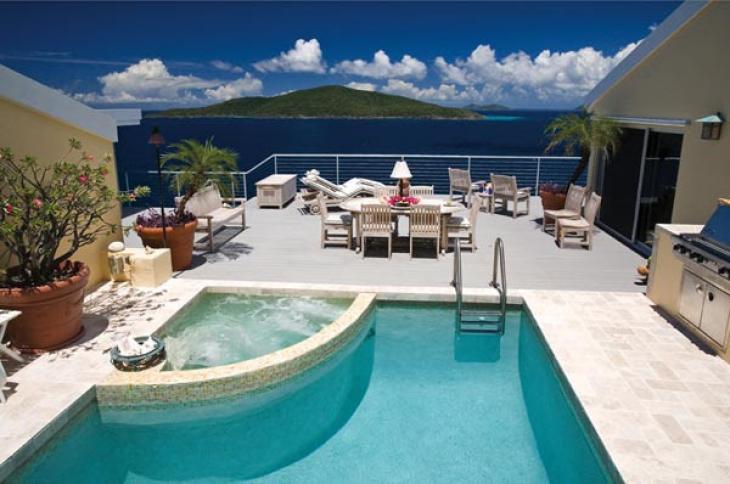
Follow our guide as you finalize your sums and consider finance / mortgage options. Remember, most of what you know about financing real estate will not apply to other countries – and even experienced investors require local help when financing the purchase of a property abroad.
Do: Take legal advice. Use a lawyer, either one based in the Caribbean who is experienced in buying and selling second homes, or one based in the UK who also has experience of foreign purchases. Among the things you need to establish are that you have full legal title to the property.
Do: shop around for finance. Remortgaging your home in the UK is likely to be the cheapest, quickest and easiest way to raise funds. However, if you plan to let your second home in the Caribbean, there may be tax advantages to taking out a specific loan or mortgage to buy the property. Interest on the loan can generally be deducted from rental income to reduce your tax liability.
Do: be aware that taking out a mortgage with a Caribbean bank can be a long, drawn out process which take months compared with the days or weeks which UK banks take. You will also normally need to produce proof of identity and proof of income in person and a Caribbean bank account will be required.
Do: remember that all loans granted for second home purchase in the Caribbean will be offered in US Dollars.
Do: remember that the costs of arranging a loan or mortgage through a local bank in the Caribbean will tend to be higher than those typical in the UK.
Do: give serious consideration to using a broker to act for you if you want to raise a mortgage with a Caribbean Bank. You will have to pay a fee but the process will be infinitely smoother and the broker may well be able to get a better interest rate than that offered to general customers.
Do: think about the advantages of buying through an Offshore Company. Independent legal advice should, of course, be sought as this process is both expensive and complicated. However, to take the case of just one island: many non-Barbadians choose to buy property via offshore companies registered in Barbados, to avoid the 8.5%, property transfer tax and stamp duty.
Do: ask your accountant in the UK to investigate UK tax implications of your purchase, especially if you plan to rent the property or to sell after only a few years.
Do: behave as sensibly as you would when buying a property in the UK. Get a structural report on an old property and investigate what sort of building guarantee or insurance you will get with a new property.
Don’t: let the solicitor employed by your builder to act for you too. Developers often set up a panel of legal advisers to help the buying process move smoothly but be aware that this may result in a conflict of interest. It is safer to take completely independent legal advice.
Don’t: get carried away on holiday and write out a non-returnable deposit for the holiday home of your dreams. Allow yourself a cooling off period and take the time to investigate all the tax implications relating to the purchase, including land tax and local versions of capital gains tax.
Don’t: forget to ask your estate agent or lawyer about any extra costs involved in buying a Caribbean property – either local taxes or fees to government departments.
Don’t: go ahead before investigating in detail every stage of the transaction. All foreign countries do things differently. Foreigners who buy in Britain may well be horrified to find they have to pay stamp duty. Make sure you are not caught out when buying in the Caribbean.




